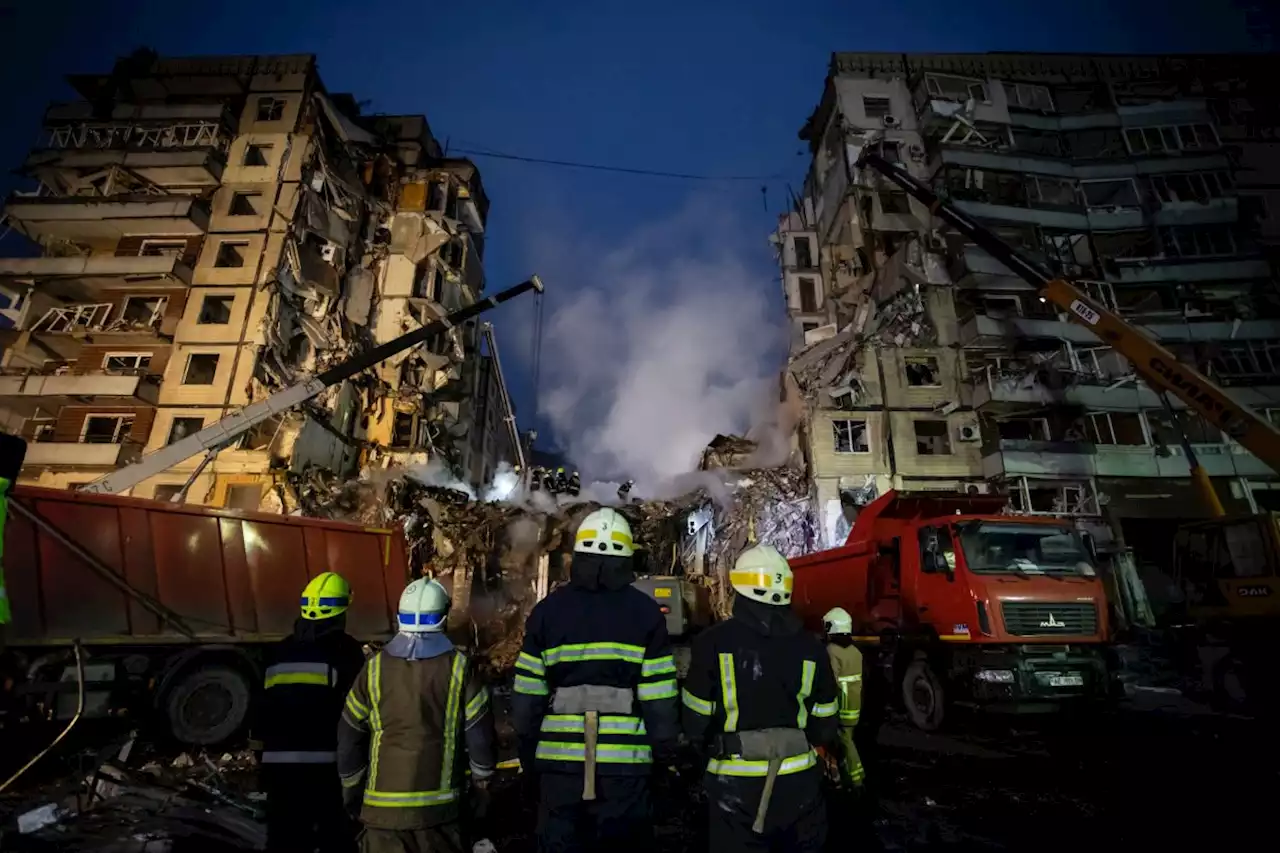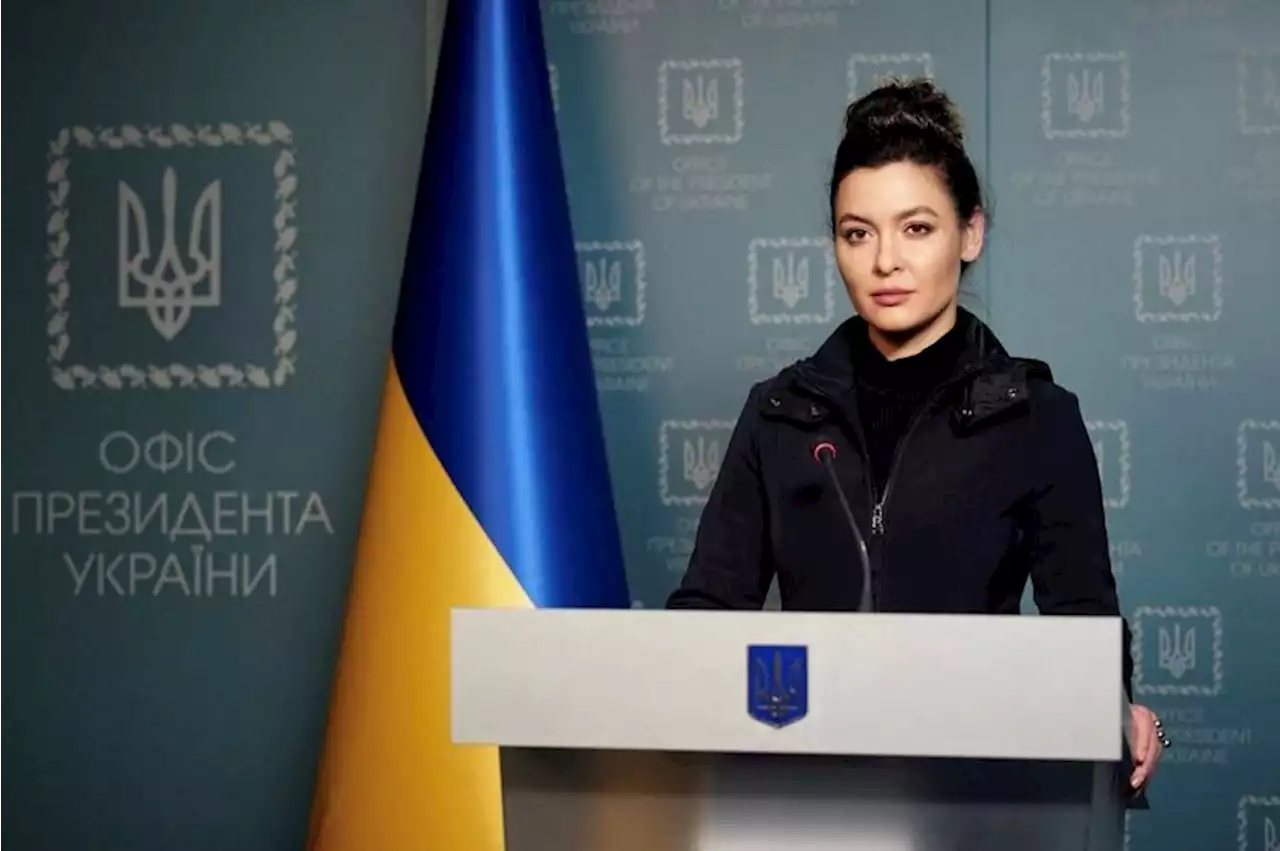'“This café was important. This café was a place where we could talk. Here we could gather. We trusted each other.” From café culture to civilian resistance in Kherson
. The joy that followed its liberation two weeks before my visit was starting to fade. There was still no electricity, water or internet, and the Russians had begun to shell the city. Inside one of the few cafés open in the centre of town, the lights, powered by a small generator, shone dimly. A group of officers sat around a table in their bulky armoured vests, drinking coffee, which was provided free to members of the Ukrainian armed forces.
The atmosphere was strained during the first weeks of occupation. There were demonstrations in the main square against the occupiers, but the Russians began arresting protesters and dispersing the crowds with tear gas and rubber bullets. Some people fled into Ukrainian-controlled territory; many, afraid, stayed indoors. Vova baked bread in the café for those in need. He stayed in touch with Denys, passing on everything he had seen and heard. “I would ask him ‘How are you?’” said Vova.
Vova didn’t want Russians inside his café. But there was a risk, if he closed it, that carpetbagging businessmen from Crimea and Russia or local opportunists would seize it. Making up an excuse that he didn’t have enough staff, he decided to serve only take-away coffee. Viktor, Vova’s son, was born in early April. When I asked him about how he had felt at the time, he was unable to speak for several minutes as tears rolled silently down his face. He showed me a picture on his phone: a beautiful baby boy, curling his tiny finger around Vova’s own. “I could not see any future under occupation,” he said eventually, “for me or for my child.”ver the months, as the weather grew warmer, people lingered on the pavement outside Vova’s café with their coffee.
One man gave Vova his phone number and told him to call him if he needed “help”. Vova understood he was being invited to submit to a protection racket A senior military official, who did not want to be identified because he is not authorised to talk to journalists, explained that a Ukrainian intelligence unit had set up a Telegram channel to communicate with people under occupation. The channel was registered in such a way that it was almost impossible for the Russians to block.
日本 最新ニュース, 日本 見出し
Similar News:他のニュース ソースから収集した、これに似たニュース記事を読むこともできます。
 Empty homes set for Ukrainian refugees after ship contract endsEmpty homes in Glasgow are to be brought into use to provide Ukrainian refugees with more places to stay as part of a plan to urgently boost…
Empty homes set for Ukrainian refugees after ship contract endsEmpty homes in Glasgow are to be brought into use to provide Ukrainian refugees with more places to stay as part of a plan to urgently boost…
続きを読む »
 Dnipro tower block death toll rises to 21 after Russian missile attack demolishes flatsRussia launched three air strikes, 57 missile strikes and carried out 69 attacks from heavy weapon rocket salvo systems on Saturday, Ukrainian forces said
Dnipro tower block death toll rises to 21 after Russian missile attack demolishes flatsRussia launched three air strikes, 57 missile strikes and carried out 69 attacks from heavy weapon rocket salvo systems on Saturday, Ukrainian forces said
続きを読む »
 Meet Dasha Zarivna, Zelensky’s comms leader who knows how to get Ukraine's message acrossAs communications chief at Ukrainian president's office, Zarivna must constantly monitor the Kremlin’s digital attacks, while coping with an ongoing physical threat from Russian missiles
Meet Dasha Zarivna, Zelensky’s comms leader who knows how to get Ukraine's message acrossAs communications chief at Ukrainian president's office, Zarivna must constantly monitor the Kremlin’s digital attacks, while coping with an ongoing physical threat from Russian missiles
続きを読む »
